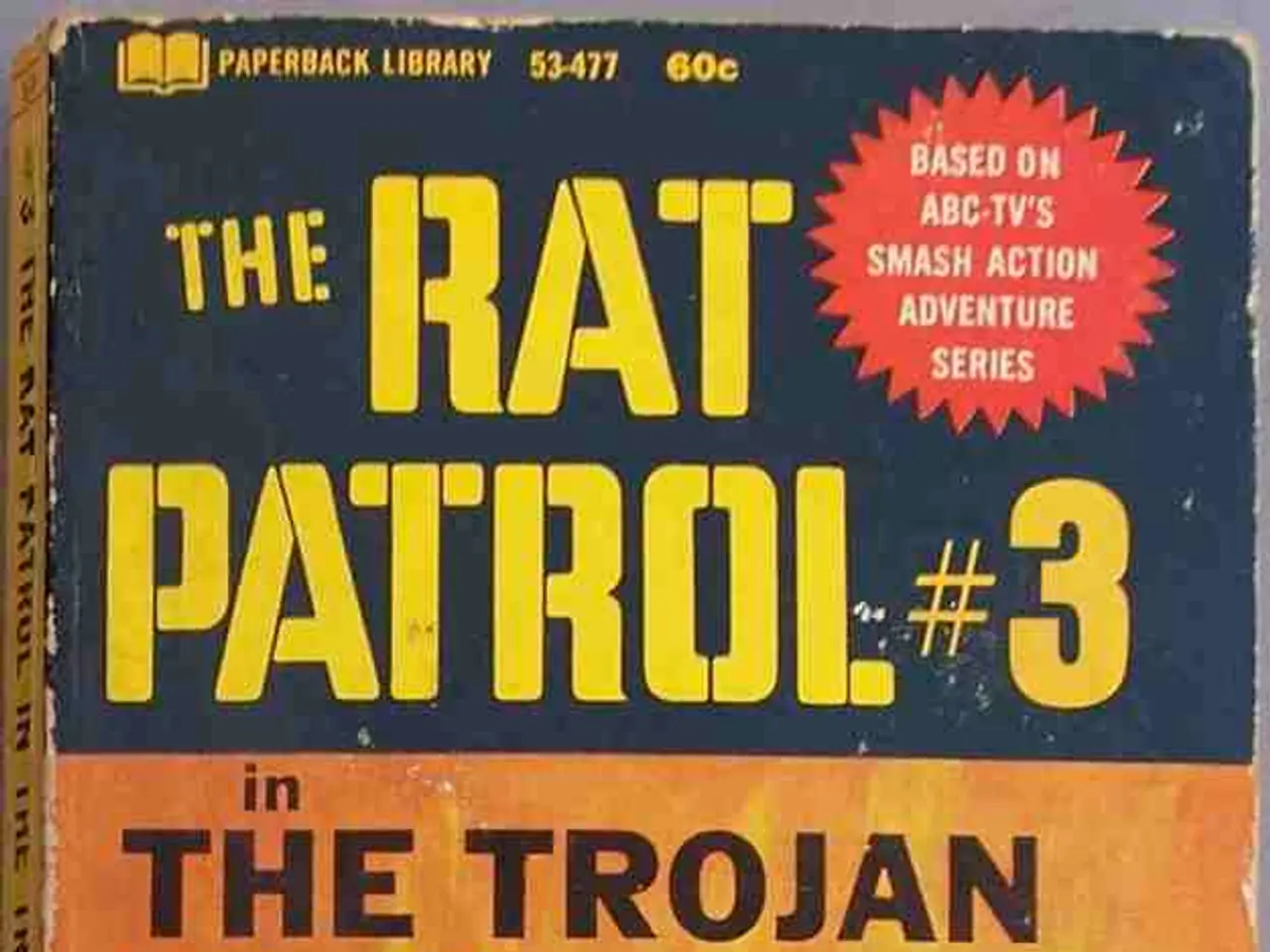Army Presence in U.S. Cities on the Rise, Raising Questions About Trump's Policy
In a move that has sparked debate and controversy, President Donald Trump has deployed National Guard and active duty military troops in Los Angeles and Washington, D.C. This decision, which has been met with strong opposition from various quarters, comes as Members of the House and Senate are urging the enactment of effective limitations on presidential deployment of troops to cities over local objections.
On August 11, 2025, President Trump "federalized" the D.C. police department and ordered the National Guard to send 800 troops to the city. This move was in response to claims of losing control of violent crime, but D.C. authorities have stated that they did not request federal intervention.
Violent crime in Washington, D.C., is down 26% compared with this time a year ago, raising questions about the necessity of the intervention. U.S. District Judge Charles Breyer has conducted hearings on whether the troops' activities have violated the Posse Comitatus Act, a law that restricts the federal government's ability to use the military for law enforcement purposes.
The recent presidential memoranda setting the precedent for these interventions allow National Guard and active military troops to be deployed wherever the President claims an emergency exists. This broad intent and overreach have been criticised, as local and state officials were bypassed, and no clear "emergency" existed to justify their issuance.
The Limiting Emergency Powers Act of 2025 aims to place limits on presidential emergency powers, including requiring congressional approval for an emergency if it is to extend beyond 30 days. This bill, introduced by Representative Wesley Hunt [Rep.-R-TX-38], seeks to prevent unbridled interventions such as those seen in D.C.
West Virginia, South Carolina, and Ohio are deploying hundreds of additional National Guard troops to D.C., further fuelling concerns about the expansion of military presence in the city. Notably, more than 125 civil rights organizations have jointly called on Congress to oppose federalizing D.C.'s police and deploying military forces for policing purposes.
In response to the ongoing intervention in D.C., Democrats have introduced a joint resolution to end it, arguing that special emergency conditions do not exist. California is also challenging the legality of the ongoing military intervention in L.A.
The Insurrection Act, which allows troops to arrest and use force against civilians, could be invoked for broad mobilization of the military on U.S. soil. This has raised concerns about the potential for widespread military intervention in cities across the country, with President Trump implying that New York, Chicago, Baltimore, and Oakland are among the cities he plans to intervene in militarily.
However, it is important to note that the police in D.C. can be directed by the President under Section 740 of the D.C. Home Rule Act, but only for 30 days unless Congress extends the time. Additionally, the attack on the U.S. Capitol on January 6, 2021, was a consequence of President Trump's call for protesters to march on the Capitol, highlighting the potential dangers of such interventions.
This ongoing debate underscores the need for clear guidelines and checks on presidential power, particularly when it comes to the deployment of troops in cities over local objections. As the situation continues to evolve, it is crucial that Congress takes action to ensure the protection of civil liberties and the rule of law.
Read also:
- Lu Shiow-yen's Challenging Position as Chair of the Chinese Nationalist Party (KMT) Under Scrutiny in Donovan's Analysis
- Who is Palestine Action, the organization tied to numerous arrests within the UK?
- "Trump Criticizes EU's $3.5 billion fine on Google as Unjust, Threatens Additional Tariffs"
- Restructuring community adaptability amidst multiple concurrent crises








